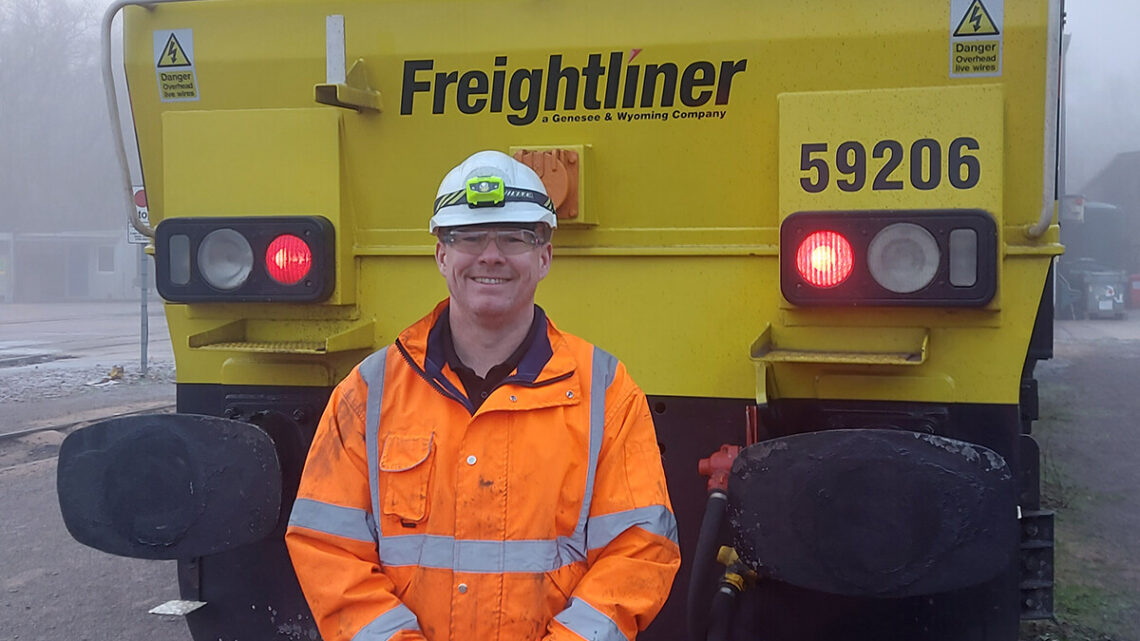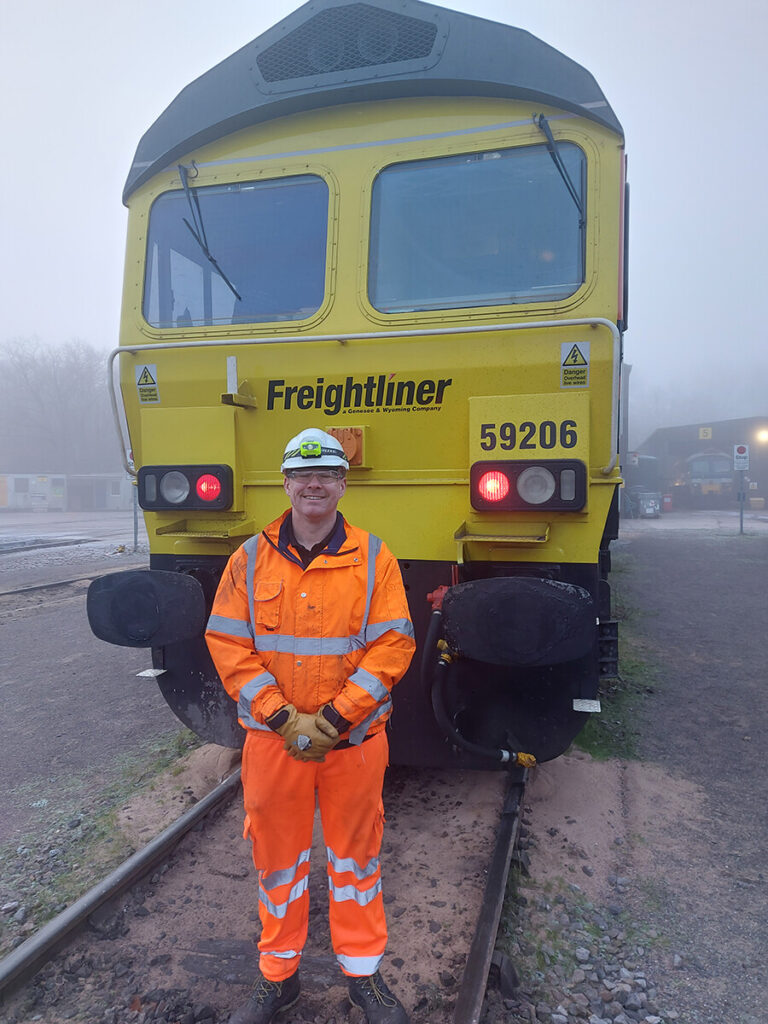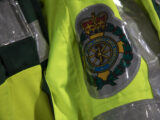
Civvy Life – On the right track!
Ben Tinson left his role as a vehicle mechanic in 2021 and is now enjoying his new career as a railway engine driver.
What’s your Forces background?
I joined REME in 1996 as a vehicle mechanic. My first tour was to Kosovo in 1999. I spent the millennium there, which was interesting. In 2001 I was in Northern Ireland and in 2012 I was in Afghanistan. I left in 2021 as a Warrant Officer Class 1.
How was resettlement?
Well, it was a strange one for me because it was in the middle of the Covid-19 pandemic. I actually started resettlement and we went through the first transition workshops but halfway through that we got sent home and into lockdown. So initially, it was extended for two years but this job came up, I applied for it and I was successful. So, I applied for early release, so I missed out on resettlement but it was my choice. I started this job in July 2021.
How did you come to be involved with Freightliner?
A friend of mine is a passenger train driver and put the advert on Facebook. By chance, I saw the advert and thought ‘I fancy that’ and I applied.
This was for the engine driver role. I suppose you would have driven all manner of things in the Forces…
Yes, but nothing on tracks!
I guess it’s just something about big engines – and a 127 tonne engine appealed to me.
I’ve always seen engine driving as an interesting job. I’m not a trainspotter by any stretch, but I’ve always seen them and I thought it’d be an appealing job; you’re left to your own devices and especially with the freight trains, I’m the only person on the train. Tomorrow, for example, I’ve got 12 hour shift. It’s just me and I quite like that.
In my last job in the Army, I’d moved up the ranks and ended up in an office. It wasn’t for me. To me, one of the penalties of promotion, is the higher you get, the less active you become and the less involved you are. It’s great but the Military does push; it’s all about achieving the next rank and towards the end it became less ‘me’. I had a chance to get back out and not be sat in an office, although my office is now a cab on a train.

What was the training like?
It was a year of training. We were in the classroom for five months of learning rules, and it’s a pretty big rule book! Then, it’s 250 hours behind the wheel, so to speak – and it’s only mainline driving, so anything you do in the yards doesn’t count.
We were averaging about 25 – 30 hours a week, for 10 – 12 weeks of back-to-back driving.
Why is Freightliner so enthusiastic about Service-leavers?
They are, there was another guy on our course and he’s one of the engineers. There seems to be a lot of Military here. I think they like the self-discipline. Tomorrow, I start at five in the morning, so I’ll get myself to Warwick, inspect my own train and go. I think they like the fact that we can do that.
Railways are about order, organisation and scheduling. That seems to be very ‘Military’ as well…Very much so, it’s all about following processes. When you’re fixing or maintaining something in the Army, you follow the book. It’s essentially a big flowchart. I think the railways are very similar. We have 20 minutes to prep an engine and there’s a set process to follow.
You walk around the outside of the engine, checking your brakes and for any obvious damage, lights and all of that stuff and you’ve got to make sure that all the airflows work. You’ve got brakes that adjust for the engine and then brakes for the train and there’s all the horns, all the lights on the safety equipment, the radios and you need to make sure the driver’s safety device (DSD) – which is a pedal – is working.Every 90 seconds an alarm will go off and you take your foot off the pedal and back on, to prove to the train that you’re OK. If you don’t, it automatically applies the brakes.
What other Military skills and attributes do you find yourself using?
We spend a lot of time on radios, talking to the signallers and to other drivers, so voice procedure is a big thing. We deal with shunters day in, day out and so I need to clearly communicate what I’m doing. Some of our trains are 4,000 tonnes, and you’re moving that backwards and forwards at five miles an hour in their direction. It can easily go wrong.
What do you miss from the Forces?
I was in charge of a workshop and the teamwork and the camaraderie and all that was fantastic and I’ve always missed that since leaving. I had 16 people beneath me and I took pride in seeing them develop and writing their reports and seeing them getting promoted and things like that. The satisfaction in that, I really enjoyed.
What do you appreciate most in your current role?
Even as a Warrant Officer Class 1, there were still extra tasks, so what I like now, is that I do my job and once I’ve finished, I’m done.
What’s your best advice for current Service-leavers?
Don’t be scared. I was so scared of the unknown but since I’ve left, I’ve not looked back. I think our family life has benefited from it and my wife knows exactly what shifts I’m on and she knows when she’ll see me and when she won’t.



